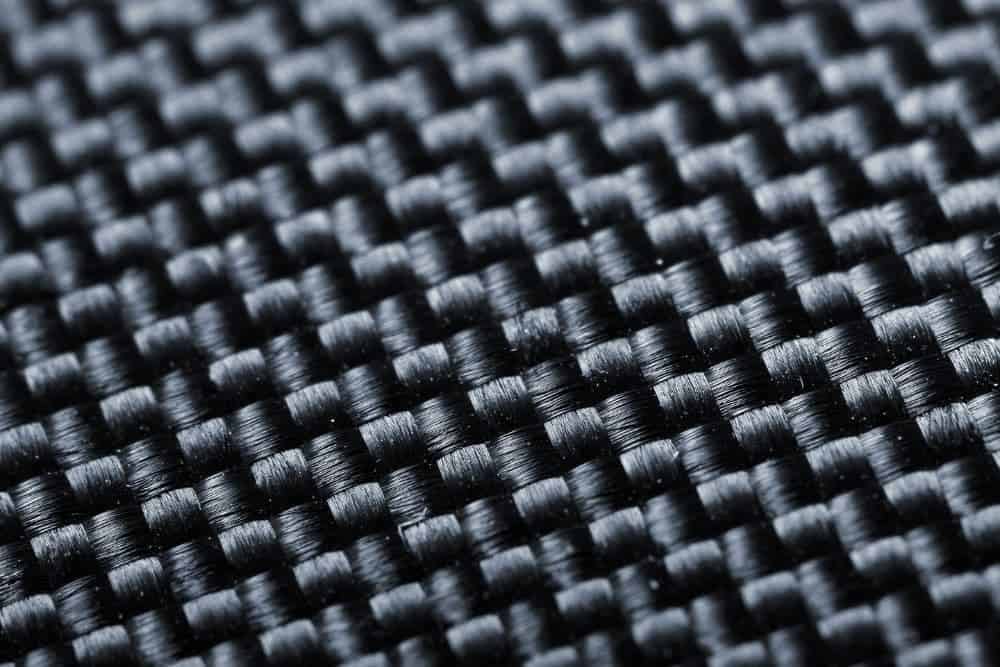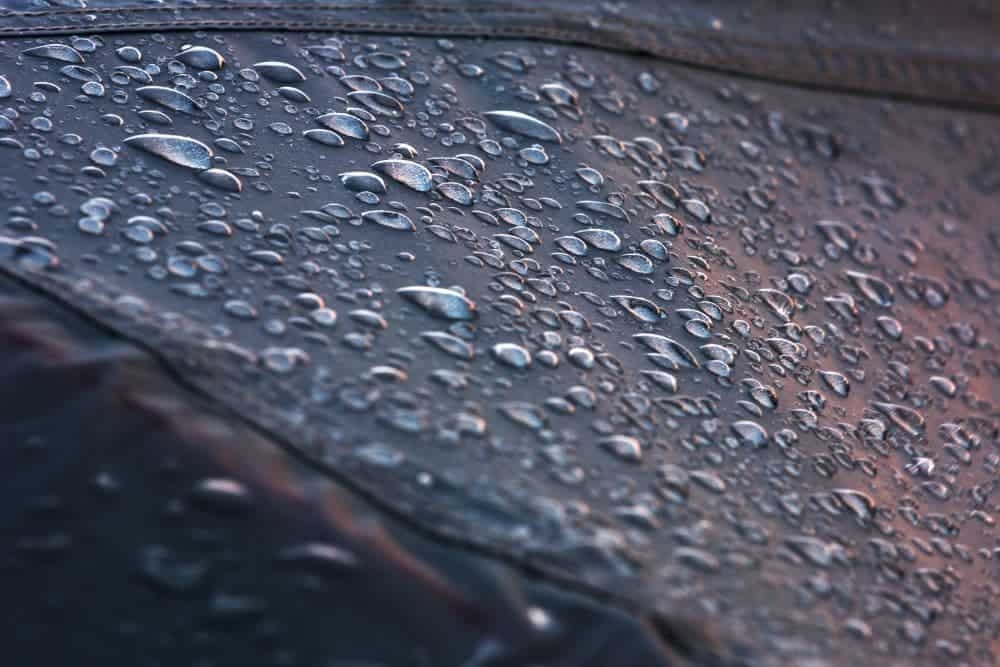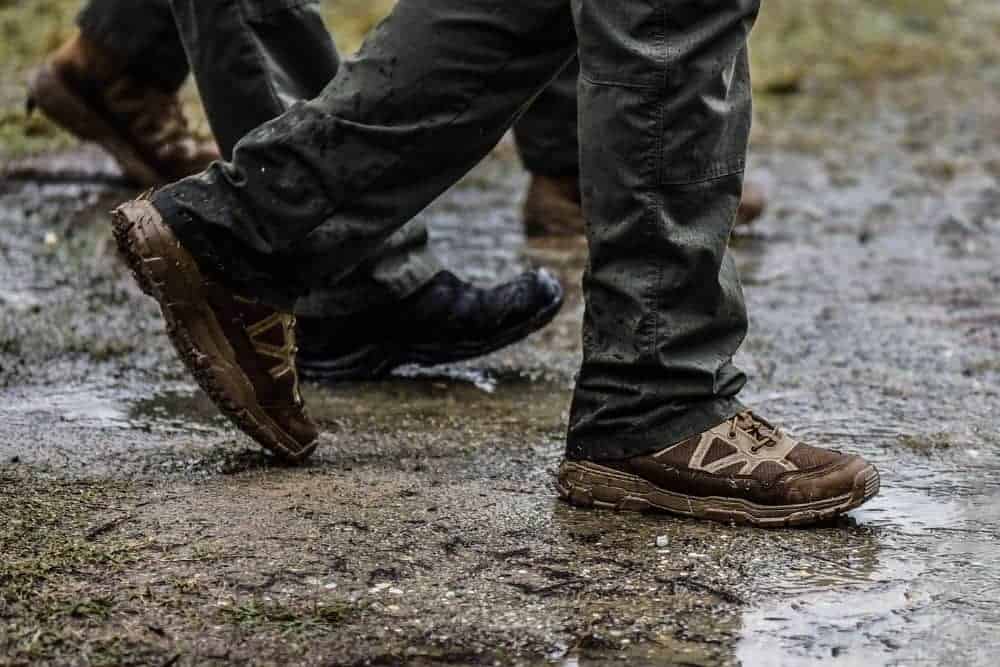If you think that tactical boots are all about leather then you are probably wrong.
Leather is not the only reason behind the durability and lightweight of tactical boots.
Nylon also plays a pivotal role in making tactical boots more durable and lightweight for you.
With its remarkable attributes, it is an intact part of good tactical boots.
Quick Navigation
What is denier nylon on tactical boots?
Let us first drive you to the brief and sharp understanding of ‘denier’ and ‘nylon’.
Denier is the unit of measurement that measures the thickness of any fabric.
Its unit symbol is ‘D’. With the increase in the value of a denier, there will be an increment in the thickness of the fabric.
Whereas, nylon is a synthetic fabric and possesses a quality of plastic as well.
Today, you will find nylon all around you.
The backpacks that you have contain nylon, the carpet in your house could have nylon fabric and the boots you are wearing right now can also have nylon.
Nylon fabric is widely used today in a number of things.
Nowadays, in addition to leather, many tactical boots are also made from high denier nylon (1000D) – that’s why they are very durable and can resist water, heat, impact, harsh weather, etc. very well.

Important characteristics of high denier nylon
High denier nylon has better strength in comparison to other fabrics.
That’s the reason it is widely used in tactical boots.
At the same time, it also possesses considerable elasticity; nylon in your tactical boots won’t irritate you during your run or exercise.
Besides, its rugged durability makes it strong enough to endure tough conditions.
Furthermore, its notable resistance to abrasion, heat, and water is also a considerable quality of high denier nylon.

Another wonderful characteristic of high denier nylon for tactical boots is that it does not catch fire easily like cotton but melts when it interacts with fire.
And you know what? The higher the denier nylon, the better the heat resistance (it is harder to melt).
All such qualities are great features of nylon in tactical boots.
Similarly, high denier nylon is comparatively lightweight than leather.
This is one big reason for the lightweight of tactical boots that contain nylon.
In the same manner, nylon is one of the most cost-effective fabrics and very easy to clean and wash.
While cleaning your tactical boots, nylon in your boots will be the easiest part.
Advantages and disadvantages of tactical boots with high denier nylon?
- Advantages
High denier nylon’s quality of being very lightweight and a little more elastic than leather makes tactical boots easy to wear and flexible.
Besides, tactical boots with nylon are a little cheaper than others. Similarly, cleaning nylon on your boots will be far easier than getting your leather shine.
Nylon with high denier is also waterproof (or at least water-resistant) like the leather of your tactical boots

- Disadvantage
Surely, its strength and durability are slightly lower than the premium leather used in tactical boots.
High denier nylon is airless. Tactical boots are usually made of high denier nylon for added durability and strength, so they can interfere with the boot’s ventilation (However, as far as we know, big brands have overcome this weakness somehow).
Some tactical boots contain high denier nylon
Table could not be displayed.All the mentioned tactical boots contain nylon. They are a few of the most demanded tactical boots that are famous for their durability and lightweight.
Is denier nylon waterproof?
Most of the high denier nylon fabric items are waterproof, or at least water-resistant. It depends on what type of nylon.
For instance, 1000 denier nylon can resist water (almost waterproof) better than 800 denier nylon.
You won’t feel wet inside your boots if the upper of your boots are made of high denier nylon.
The nylon might absorb a little amount of water for a very brief period but it will not allow the water to get inside. It is absolutely water-resistant.

Is higher or lower denier better?
Though there is a great difference between higher and lower denier being better is up to what you are looking for.
The higher denier has more weight and toughness than the lower denier fabric.
Due to thicker and hard threads in higher denier fabric, it could be more durable than a lower denier.
The higher denier can also endure outdoor wear and tear better than the lower denier.
Similarly, the higher denier is less transparent than the lower denier.
Most of the outdoor materials like tents, tactical boots, heavy luggage bags are made of high denier nylon, due to their toughness and durability.
Which is better, 300 or 600 denier?
Nylon has a different level of thickness. For instance, 300 denier, 600 denier, 1000 denier, and more.
Depending upon their thickness they vary in their weight. The 300 denier is lightweight; whereas, 600 denier is heavy and not as lightweight as 300 denier.
It is difficult to evaluate their quality of being better than one another.
You should choose in accordance with your aspirations.
If you wish to have a boot with thicker denier nylon and you’re fine with the weight, 600 denier could be a better option for you.
However, for a comparatively thinner and lightweight denier, 300 could be a great choice for you.
600 denier is more expensive than 300 denier. Normally, in boots, the 600 denier is used or even thicker nylon.
Whereas, 300 denier is commonly used for backpacks, luggage, and more.
Because tactical boots are used for heavy-duty jobs that require high endurance and strength, they are typically made from high denier nylon (840D, 900D, 1000D, etc).

Is 1000 denier nylon waterproof?
The thickness of 1000 denier nylon will surely not allow the water to get inside.
If you are having tactical boots with 1000 denier nylon, then there is nothing to worry about the water.
1000 denier nylon is doubtlessly a water-resistant fabric and won’t disappoint you with its water-resistance level.
1000 denier nylon is undoubtedly water-resistant and also waterproof to a greater extent.
Conclusion
It’s not only leather but also high denier nylon that makes your tactical boots worth buying.
Nylon in tactical boots comes with different levels of thickness and determines the durability of the tactical boots.
With so many considerable qualities of nylon, one cannot stop appreciating its contribution to tactical boots.

